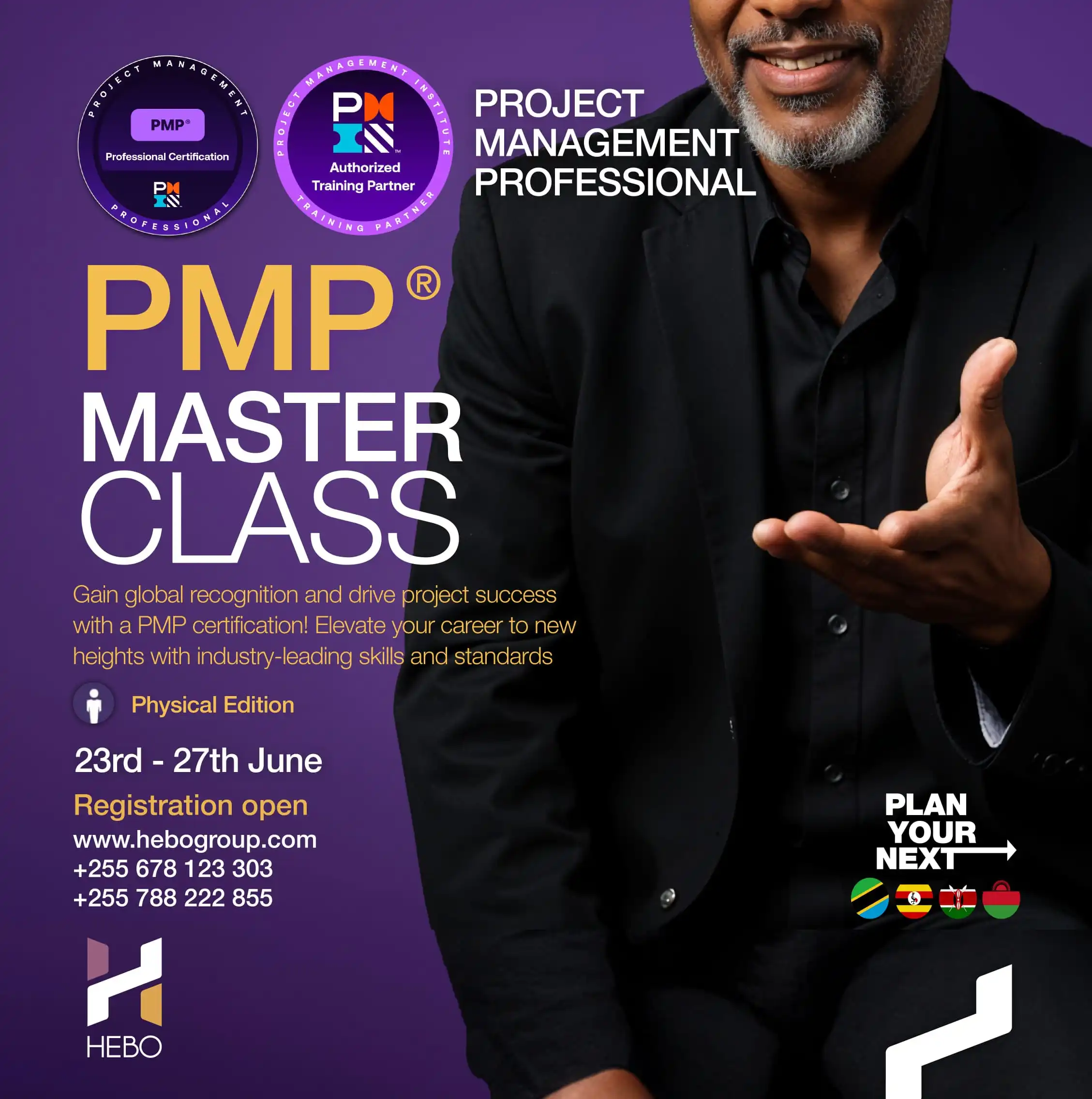In his article titled, “Why Wedding Projects Are Never Late” renowned project management expert Antonio Nieto-Rodriguez highlights six elements of successful projects. These include: a compelling purpose, publicly committed deadlines, a well-defined plan, stakeholder buy-in, constant communication and feedback, and clear benefits.
If a work breakdown structure were to be written for a wedding, one item that’s guaranteed to feature is a wedding cake. As with decorations and outfits, this is one of the most critical decisions for many weddings and has evolved over the years even as the choice varies from one location to another.
For over two decades now, Ipyana Mwagomba has been a household name synonymous with excellence in the confectionery business in Malawi. Renowned for crafting cakes that delight the senses and exceed expectations, Ipyana’s reputation is not just about his culinary skills but also about his meticulous approach to managing his work.
Crafting an average of 100 unique wedding cakes per year, not counting the numerous other cakes and products that have cemented his status as a master chef, Ipyana’s career offers valuable lessons for project managers across industries. Just as no two weddings are completely alike, the same is true for wedding cakes.

When asked about the secret to his sustained success, Ipyana shared three key ingredients: thorough consultations, rigorous testing, and clear contracts. These steps, he explained, have been the foundation of his ability to consistently deliver masterpieces that satisfy his clients’ needs.
“Before I even start designing a cake,” Ipyana said, “I meet with my clients to understand exactly what they want. Every detail counts—from the flavor and size to the theme and occasion.” This phase of gathering requirements ensures that his work aligns with the client’s vision.
Before delivering a cake, Ipyana conducts a testing phase. This might include creating small samples for the clients to taste and thus ensure that the flavors and aesthetics are just right. “Testing allows me to catch any issues early and refine my work,” he noted.
Just as in agile methodology, cake tasting serves as a form of iterative progress review, allowing adjustments to be made proactively to ensure the final product meets expectations.
Once the requirements are clear and the testing phase is complete, Ipyana formalizes the agreement with a contract. “A contract is not just about money; it’s about aligning expectations and ensuring mutual accountability,” he emphasized.
By documenting agreements and expectations, Ipyana ensures clarity and accountability, which are vital for avoiding misunderstandings and delays, vital lessons he has learned over the years.

Ipyana’s decision to expand into catering reflects a key principle of project management: adaptability and risk management. Diversification by introducing products such as “The Truth” goat soup and others has allowed Ipyana to meet changing client demands and overcome shocks such as the COVID-19 pandemic which affected many bakers as weddings were restricted.
Ipyana’s career is a testament to the power of combining technical expertise, in his case baking, with strategic project management. His thorough consultations, rigorous testing, and clear contracts have not only set him apart in the confectionery industry but also positioned him for success as he continues to expand his venture.
As simple as a wedding cake may seem to many, it offers valuable project management lessons which may be transferred to other projects. Attention to detail, adaptability, and a commitment to excellence can create a recipe for success.
While every cake is a project, not every project is a piece of cake.
About HEBO Consult
HEBO Consult is a leading training and consultancy firm specializing in project management and a variety of other disciplines. With operations in Tanzania, Uganda, and Malawi, HEBO Consult serves a wide range of professionals and organizations, helping them to achieve operational excellence and strategic objectives through expert-led training, consultancy and advisory services.
